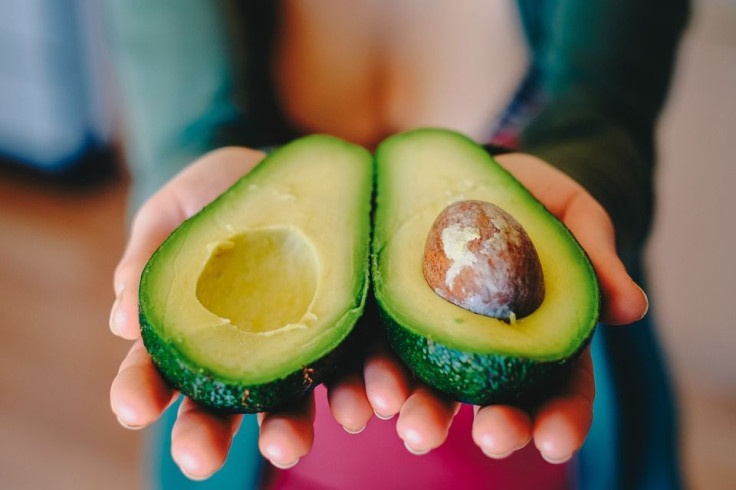Eating An Avocado A Day Did This To Women's Belly Fat
KEY POINTS
- Researchers looked at the possible effects of eating avocado on how people store fat
- Female participants who had an avocado a day had reductions in visceral abdominal fat
- However, the male participants did not get the same results
Avocados are not only delicious but also quite healthy. Researchers have found that eating an avocado a day could help "redistribute" belly fat in women.
Eating avocados has been linked to lower abdominal obesity, the researchers of a new study, published in The Journal of Nutrition, said. However, its exact impact on glycemic outcomes and abdominal adiposity is still "limited."
For their study, the researchers looked at 105 overweight or obese adults aged 25 to 45. They were randomly assigned to an intervention, with 53 participants receiving a daily meal that included one fresh avocado for 12 weeks, while the remaining 52 received a meal with similar ingredients but no avocado.
"The goal wasn't weight loss; we were interested in understanding what eating an avocado does to the way individuals store their body fat," study lead, Naiman Khan of the University of Illinois at Urbana-Champaign (UIUC), said in the university news release. "The location of fat in the body plays an important role in health."
As Khan explained, there are two types of fat in the abdomen -- the subcutaneous fat right under the skin and visceral fat that accumulates deeper in the abdomen.
Although having some body fat is actually quite healthy, visceral fat is located close to some vital organs and may even build up in the arteries. Visceral fat is sometimes called "active fat" as it may "actively" increase the risk for some serious health problems, according to Healthline.
"Individuals with a higher proportion of that deeper visceral fat tend to be at a higher risk of developing diabetes," Khan said. "So we were interested in determining whether the ratio of subcutaneous to visceral fat changed with avocado consumption."
To do this, the researchers measured the participants' fat and glucose tolerance both at the beginning and the end of the 12-week period.
Interestingly, the researchers found that the female participants who had an avocado a day had a reduction in their visceral abdominal fat. Their ratio of visceral to subcutaneous fat was also reduced, "indicating a redistribution of fat away from the organs," UIUC noted.
However, these effects were not observed in the male participants. Further, both males and females did not display improvements in glucose tolerance.
"Future research is necessary" to determine the underlying causes of the differences in the findings based on sex, the researchers said. In future studies, for instance, the researchers aim to provide all the participants' daily meals to get a "more complete picture" of the possible effects of eating avocado and see whether the difference between sexes will still remain, UIUC noted.
"Our research not only sheds a valuable light on benefits of daily avocado consumption on the different types of fat distribution across genders, it provides us with a foundation to conduct further work to understand the full impact avocados have on body fat and health," study co-author, Richard Mackenzie of the University of Roehampton in London, said in the UIUC news release.
"Given the increasing prevalence of excess adiposity, there is a vital need to develop and test food-based approaches to reducing adiposity as well as improving metabolic health," the researchers wrote.
Other things people can do to reduce visceral fat include having a well-balanced diet, doing cardio and strength exercises and making other lifestyle changes that can help maintain moderate weight, Healthline noted.

© Copyright IBTimes 2025. All rights reserved.






















